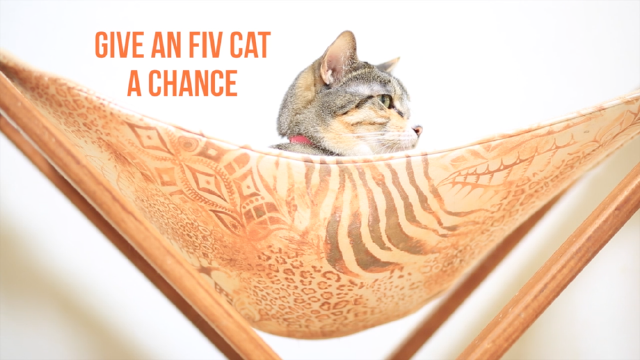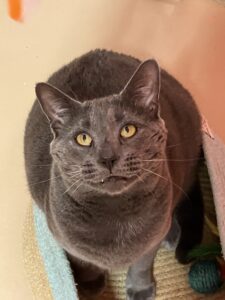What is FIV?
Feline immunodeficiency virus leaves infected cats with a compromised immune system. It is similar to HIV in humans, however FIV can only be transferred between cats and does not affect people or dogs. Cats with FIV often face misunderstanding and discrimination similar to what people with HIV experience.
How do cats contract FIV?
The most common way that cats contract FIV is through deep bite wounds, seen often in unaltered male cats that are allowed to freely roam outdoors. It is less common, but still possible for them to contract it during birth (transferred from mother to kittens), and through sexual transmission. Cats living together and engaging in casual contact are very unlikely to transfer the virus, given they get along and do not fight.
What is the life expectancy of a FIV+ cat?
FIV+ cats can often live just as long as cats that are not infected. However, in order to prolong their lives as much as possible, they should be kept in a stress-free environment, strictly indoors so that they are not exposed to diseases and illnesses that they are much more susceptible to. Monitoring them closely is important, so that any sickness that arises can be treated immediately. They can live as the only cat in your home, with other FIV+ cats or even with non-aggressive cats that do not have FIV. There is no special medication required for FIV+ cats.









